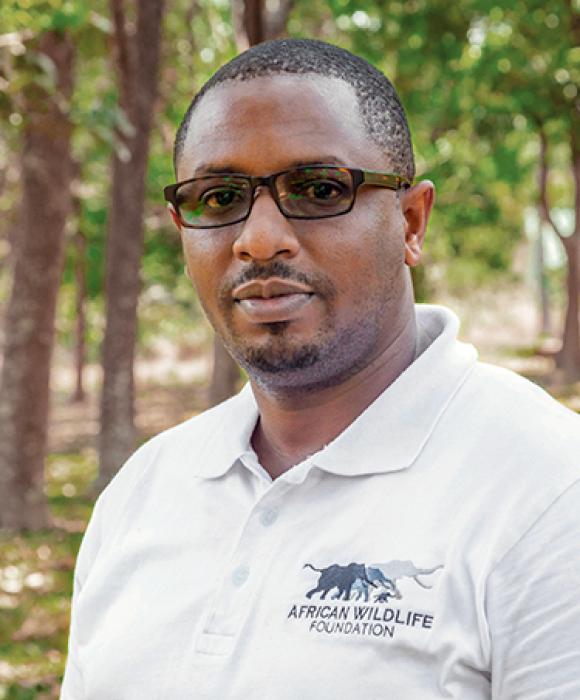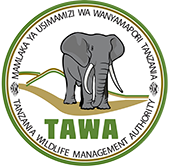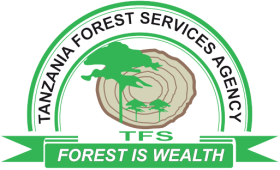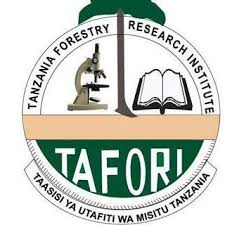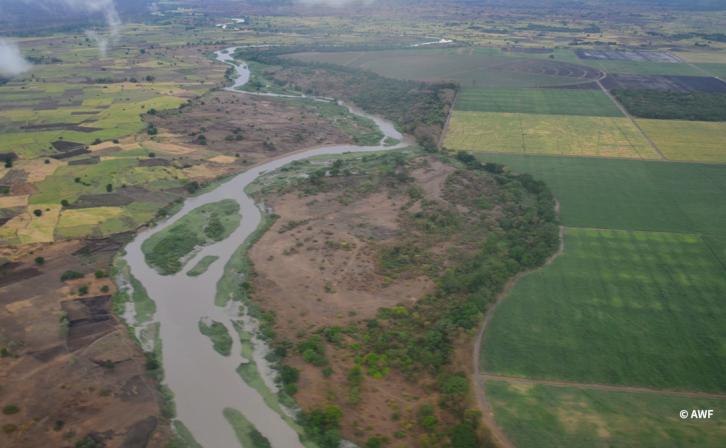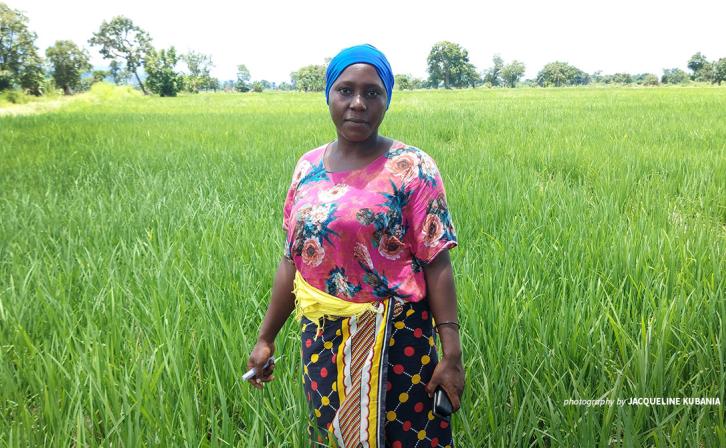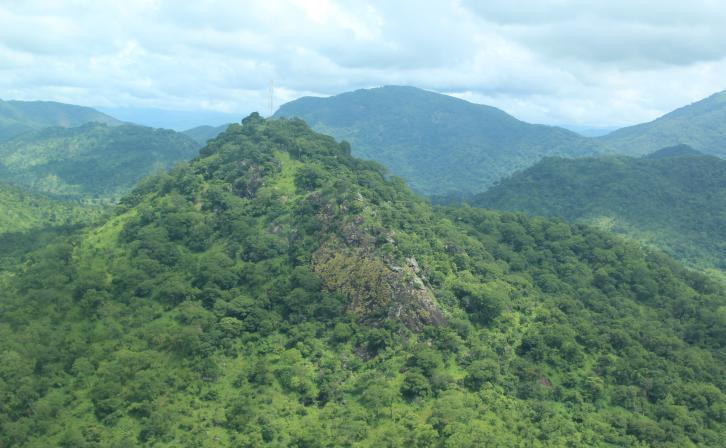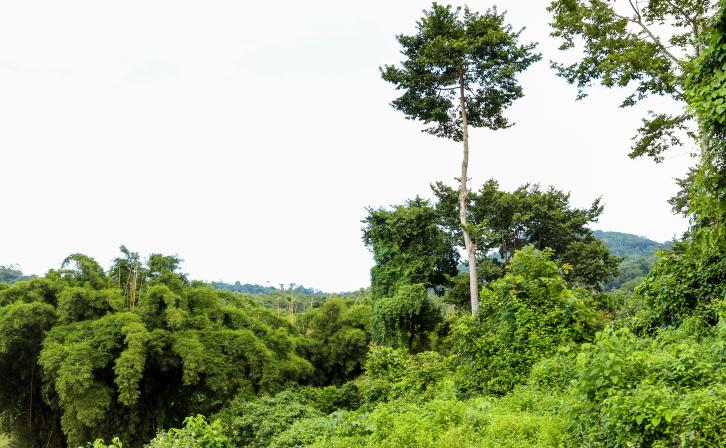Kilombero
The ecology and biodiversity in Southern Tanzania’s Kilombero Valley are critical at all levels—local, regional, national, and global. The landscape is part of the Southern Agricultural Growth Corridor, an area that produces more than half of all the food grown in Tanzania. However, climate change and unsustainable land use have largely wiped out large mammal populations, pressure on water sources has intensified, and soil carbon is showing signs of concerning changes.
Kilombero faces critical ecological and development challenges: Both Tanzania’s breadbasket and its biodiversity depend on how the land is worked. Since 2014, we have partnered with local communities and commercial agricultural producers in this vital corridor, helping communities with:
- Land-use planning
- Human-wildlife conflict prevention and mitigation
- Expanding farmers’ use of ecologically and economically viable production technologies
- Improving farmers’ access to financial institutions and markets
- Helping families diversify incomes to develop resilience and reduce vulnerability to climate-change impacts
Farmers in Kilombero have embraced these measures. As a result, they have increased income while reducing pressure on land and water resources.
AWF in Action
Smart Land Use Brings More Income for Sugarcane Farmers
To reduce wildlife habitat loss and promote climate resilience, AWF and partners in Kilombero trained sugarcane farmers on climate-smart land and water management and provided tons of drought-resistant seeds. As a result, farmers increased production per hectare by 70%. Their income also increased, while demand for farming land dropped from 16,000 hectares to 10,000—a win-win for the land and farmers who depend on it.
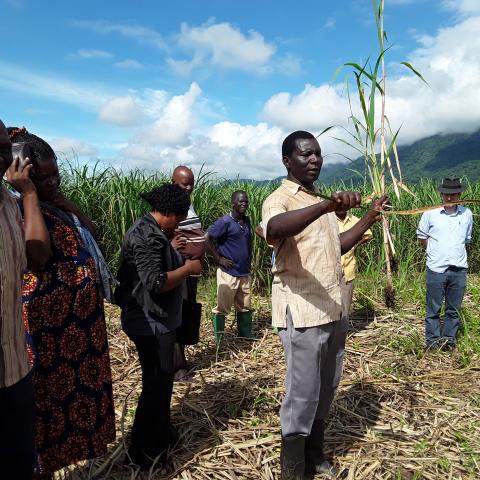
Cultivating Sustainable Agriculture with Cocoa and Rice
We have supported farmers in adopting sustainable agriculture methods that use less land while producing more output. In partnership with the Global Fund for Nature and with funding from the German government, the "Inclusive Green Growth for Agrarian Communities in Kilombero District" project reached over 2,000 farmers with improved seeds, farming techniques, and business training. Afterwards, rice harvests increased by 36% and cocoa harvests by 28%.
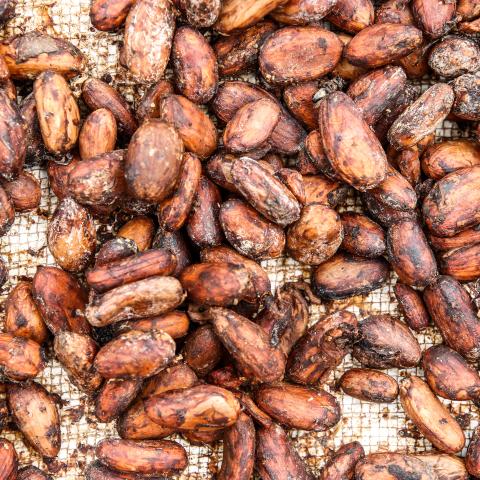
Preventing Human-Wildlife Conflict
Wildlife corridors are essential for elephants and other large species as they traverse between protected areas. Unfortunately, when their age-old migration routes cut through farms, the consequences can be disastrous for crops and people—and sometimes result in revenge against the elephants. To prevent such conflict, we collaborated with Kilombero partners to help farmers erect beehive fences that keep the elephants away from occupied areas and valuable crops. The honey production also results in additional revenue for beekeepers, which is a significant plus.
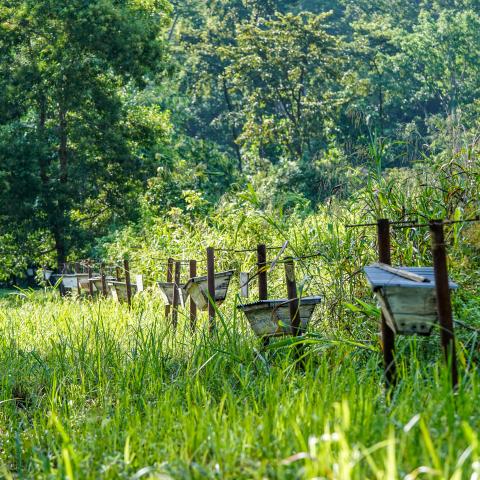
We work with the people of Tanzania for wildlife. Our strategic, implementing and funding partners include:
See More of Our Work
